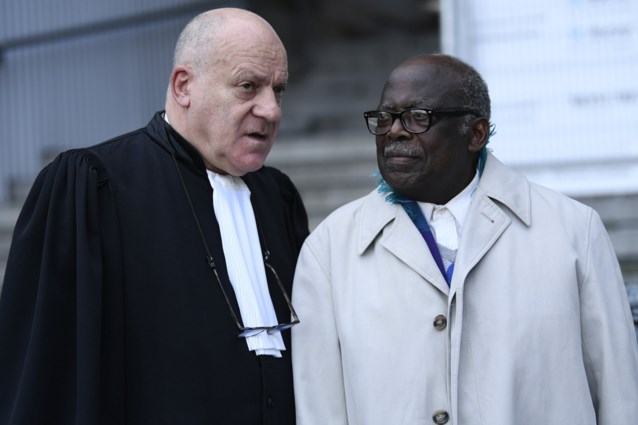A former official in the government of Rwanda, Fabien Neretse, has been found guilty of war crimes and genocide by a court in Brussels.
The man, now aged 71, took part in the uprising of the Hutu population in Rwanda against the Tutsi in 1994, during which as many as a million people were killed.
This is the first successful prosecution for genocide in Rwanda to be carried out in Belgium. Other people accused of war crimes and other offences in the country have been convicted in Brussels, under the law on extraterritorial jurisdiction, but no charges of genocide have been successful until now.
Now that the jury has found Neretse guilty after six weeks of trial and two days of deliberations that lasted until 22.00 last night, it will retire again, this time in the presence of the lead judge on the bench, to consider his sentence. That could take a long time, or it could be relatively quick: genocide carries a maximum sentence of life imprisonment. Given his age, Neretse is likely to end his life in prison.
Neretse was found guilty of nine murders and three attempted murders in the Rwandan capital Kigali in April 1994, just three days after the assassination of president Juvénal Habyarimana triggered the uprising of the Hutu against the ruling Tutsi population. He was also accused of murdering two people in Mataba, his home village, in May and June of that year.
Since the murders took place against the background of the organised slaughter of Tutsi people, together with their Hutu sympathisers, the murders were treated as war crimes, allowing the Brussels prosecutor jurisdiction. Neretse is not thought to have committed the murders himself, but it was he who alerted the Hutu militia, the interahamwe, to the families, one of which included a Belgian woman, living in his neighbourhood of Kigali. The wholesale slaughter of Tutsi had by then begun in the capital, and had started to spread through the rest of the country.
Neretse was an agricultural engineer who worked for the government agency responsible for the import and export of coffee. But later in April 1994 he took his family from Kigali and moved back to his home village Mataba in the north-west of the country. There he set up and led a branch of the interahamwe which was ultimately responsible for an unknown number of murders of Tutsi and moderate Hutu. Neretse himself, however, was charged with only two who could be identified: one woman who worked for his department, and a man, a Hutu sympathiser, who was identified by Neretse, who ordered his arrest.
Neretse had denied all of the charges outright, claiming he left government service two years prior to the massacre, and that he never led or organised a militia group. The jury, however, noted that he had changed his story several times regarding the crimes in Kigali.
A similar clash between his claims and the reality led the jury to vote in favour of conviction on the charge of genocide. Michèle Hirsch, the lawyer representing the victims and their families, called the result “an historic verdict”. The jury’s acceptance of the charge of genocide would, she said, “have an impact in this country, as well as in other countries”.
The sentencing of Neretse will now be deliberated on by the judge and jury together, although the outcome is predictable. While the war crimes charges alone would add up to a hefty prison sentence, the addition of a conviction of genocide makes a life sentence all but unavoidable.
Alan Hope
The Brussels Times

